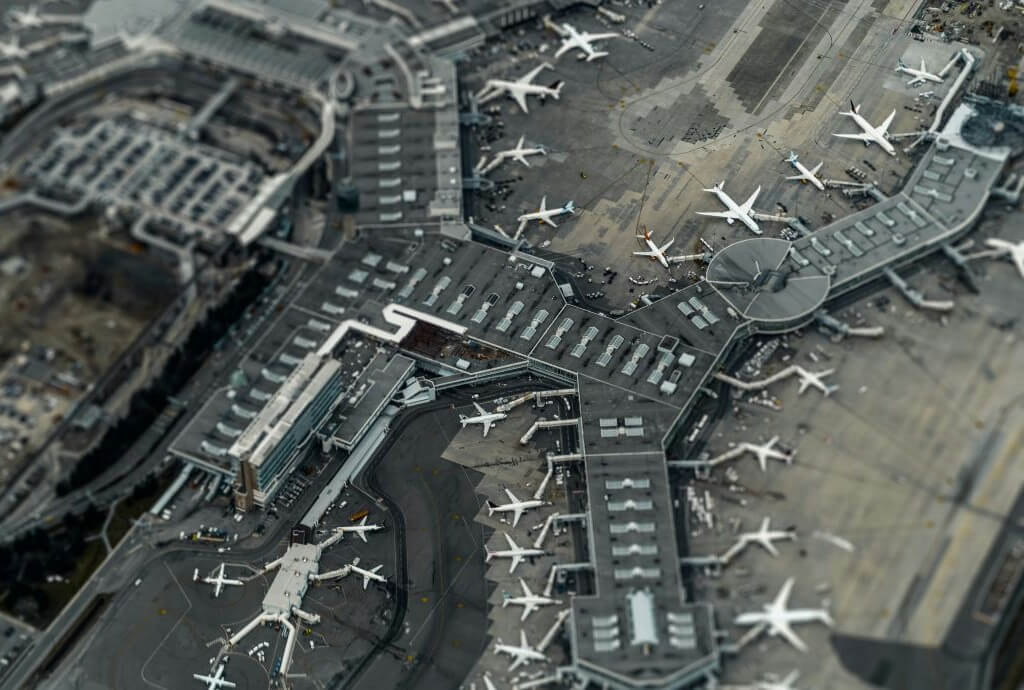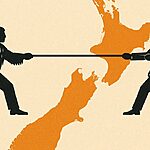Summarised by Centrist
The Government plans to expand police powers to collect and retain information about people in public, but is offering few details, raising concerns about privacy, legality and surveillance overreach.
Police Minister Mark Mitchell says new laws are coming to “make the country safer,” but declined to specify what will change or when. Privacy Commissioner Michael Webster has been consulted, but he also declined to provide further details.
🚩Govt seeks further expansion of Police surveillance powers by end of year.
— Holyhekatuiteka (@2ETEKA) August 26, 2025
The Govt has promised to change the law regarding Police powers to ‘collect, use and retain data’ on the public in order to “Help keep people safe” says Mark Mitchell.
University of Auckland associate… pic.twitter.com/DvykJhYpo6
Some suspect the move is a direct response to the Tamiefuna case, in which the Supreme Court ruled police could not use a roadside photo to identify a suspect in an unrelated robbery.
Police were also previously ordered to delete thousands of unlawfully retained photos of young Māori taken without suspicion of wrongdoing.
University of Auckland law professor Scott Optican warned that allowing officers to collect and hold information without arrest or detention would amount to a “real sea change” in police powers. He said the proposals were so vague that “it’s not even clear what they mean by evidence.”
Police Association president Chris Cahill supports the change, saying current laws leave officers uncertain, especially with technologies like facial recognition. He called for “guidelines acceptable to both sides.”
Academic Gehan Gunasekara warned that mass surveillance is becoming easier with every digital link. “It’s not the police’s business to know what everyone is doing all the time.”



















